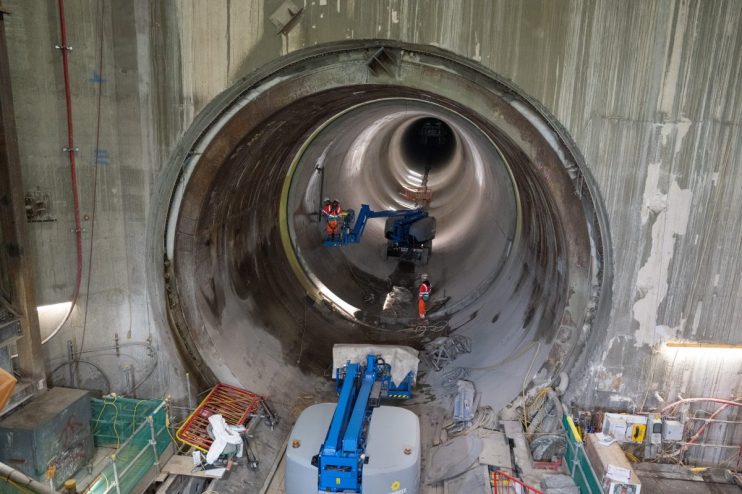Government may have broken law over sewage dumping, says watchdog

The government potentially failed to comply with environmental laws amid frequent sewage spills, an environmental watchdog has said.
The Office for Environmental Protection (OEP) has now informed Defra, the Environment Agency and regulator Ofwat of the potential failures following a year-long investigation.
The release of sewage is meant to happen during specific days, such as those with heavy rainfall. However, with over 30,000 spills into waterways last year according to Environmental Agency data, questions have arisen about whether these spills were happening on dry days.
After a review, Helen Venn, OEP’s chief regulatory officer, said that misinterpretations of the law, such as understanding when discharging sewage should occur, may be behind the compliance failures.
“The core of the issue is that where we interpret the law to mean that untreated sewage discharges should generally be allowed only in exceptional circumstances, such as during unusually heavy rainfall, it appears that the public authorities may have interpreted the law differently, permitting such discharges to occur more often,” Venn said.
She added the improvement of water quality is “a complex challenge” and there are “no quick fixes”.
The OEP is acting upon its intended purpose, following thorough measures and examination, said Philip Dunne, Environmental Audit Committee (EAC) chairman.
“The OEP has identified areas where historic interpretations of law and guidance may have led to perverse outcomes, damaging the environment rather than protecting it as intended,” Dunne added.
The EAC previously reported in January 2022 that there were multiple accounts of regulatory arrangement failures, Dunne said, and the information from the OEP today seems to confirm them.
“This scandal is the Conservatives’ fault,” said Steve Reed MP, Labour’s shadow environment secretary. “They cut back enforcement and monitoring of the water companies releasing this filth and are now failing to prosecute them when they are blatantly breaking the law.”
For the Environment Agency, potential failures are related to the requirements of urban waste water legislation and other roles in guidance, permit setting, reviewing and enforcing.
“We will always take action against companies that do not follow the rules or those that are deliberately obstructive,” the Environment Agency said. “We have secured fines of over £150m and are conducting our largest ever criminal investigation into potential permit non-compliance at sewage treatment works.”
Ofwat’s potential failures were around the interpretation of sewerage undertaker duties and enforcement. For Defra, potential failures were found in relation with urban waste water and water quality legislation.
“The volume of sewage discharged is completely unacceptable,” Defra said. “While we do not agree with the OEP’s initial interpretations, which cover points of law spanning over two decades, we will continue to work constructively with the OEP on this issue.”
Ofwat also said it welcomed OEP’s investigation and considerations, particularly “on the clarity of responsibilities for the protection and environment”.
In addition to issuing £250m in fines in the past few years and its largest investigation, Ofwat said efforts for change and improvement will continue.
“Our position at Ofwat remains clear, water companies’ performance on the environment is simply not good enough,” Ofwat said. “We will keep pushing for the change and the improvements that the public rightly expects and where we can learn lessons or do things better, we will do so.”